Are you looking to revitalize your business but unsure how to navigate the complexities of a turnaround? A well-structured consultancy contract can be your roadmap to success, providing clarity and direction throughout the process. In this article, we'll explore the key components of an effective turnaround consultancy contract, ensuring you're equipped to make informed decisions. So, let's dive in and discover how to set your business on a path to recovery!

Project Scope and Objectives
The project scope for the turnaround consultancy contract encompasses a comprehensive evaluation of operational inefficiencies within the organization, specifically targeted towards mid-sized manufacturing firms facing market challenges. Key objectives include implementing performance metrics to identify critical areas for improvement and developing a strategic plan to enhance overall productivity by at least 30% within the next fiscal year. The consultancy will conduct detailed analyses of supply chain logistics, workforce engagement strategies, and financial management practices, aiming to optimize resource allocation and reduce operational costs by a minimum of 15%. Furthermore, stakeholder engagement sessions will be held quarterly to ensure transparency and collaboration throughout the turnaround process.
Deliverables and Milestones
The turnaround consultancy contract outlines specific deliverables and milestones essential for strategic business transformation. Initial assessments will include comprehensive financial analysis, identifying key performance indicators (KPIs) for operational efficiency and profitability metrics. By month two, a detailed turnaround plan, featuring actionable recommendations and a timeline for implementation, will be presented. Key milestones will involve quarterly reviews, adjusting the strategy based on performance data, with the aim of achieving a minimum of 15% improvement in revenue within the first fiscal year. Integration of stakeholder feedback will occur regularly, ensuring alignment with organizational goals and fostering a culture of accountability. Additionally, a final report will be delivered at the end of the consulting period, summarizing achievements and outlining recommendations for sustainable growth.
Fee Structure and Payment Terms
The fee structure for a turnaround consultancy project typically involves an initial retainer, project milestones, and potential performance bonuses. A common initial retainer might be around $10,000, securing the consultant's services for an initial assessment phase lasting two weeks. Following this period, the consultancy may charge a hourly rate of $250 for ongoing support, with a minimum commitment of 20 hours per month. Payment terms usually require invoicing on a monthly basis, with payment due within 30 days of receiving the invoice. Additionally, a success fee may be included, calculated as a percentage of the cost savings or profit increase achieved, traditionally ranging from 10% to 20%. This incentivizes the consultancy to not only provide valuable insights but also ensure successful implementation of strategies in challenging business environments.
Confidentiality and Data Protection
Turnaround consultancy contracts require meticulous attention to confidentiality and data protection, particularly when handling sensitive financial information or proprietary business strategies. Such contracts often stipulate that consultants must safeguard proprietary data, which includes trade secrets, client lists, and strategic plans, under strict measures. Strict adherence to data protection laws such as the General Data Protection Regulation (GDPR) in Europe and the California Consumer Privacy Act (CCPA) in the United States is mandatory, ensuring that any personal data collected during the consultancy process is processed lawfully, transparently, and securely. Regular audits of data handling practices and secure disposal of sensitive documents are also essential to maintain confidentiality throughout the engagement. Breaches could lead to significant legal repercussions, including fines or damages, exacerbating the company's turnaround challenges. Effective communication of these confidentiality clauses fosters trust and creates a conducive environment for collaboration, ultimately aiding in the successful implementation of turnaround strategies.
Termination and Force Majeure
Termination clauses in a turnaround consultancy contract allow either party to end the agreement under specific conditions, ensuring clarity and accountability. Force majeure refers to unforeseen circumstances (such as natural disasters, pandemics, or significant political events) that prevent the fulfillment of contractual obligations. Properly defined, these clauses protect both the consulting firm and the client (often entities like corporations facing financial distress) by outlining procedures for contract termination and providing exemptions from liability. This ensures that in the event of a force majeure event, both parties understand their rights and responsibilities, minimizing potential disputes. Specific notice requirements (often 30 days) and documentation may be needed to invoke these provisions. This framework not only safeguards interests but also fosters a collaborative approach during challenging business situations.

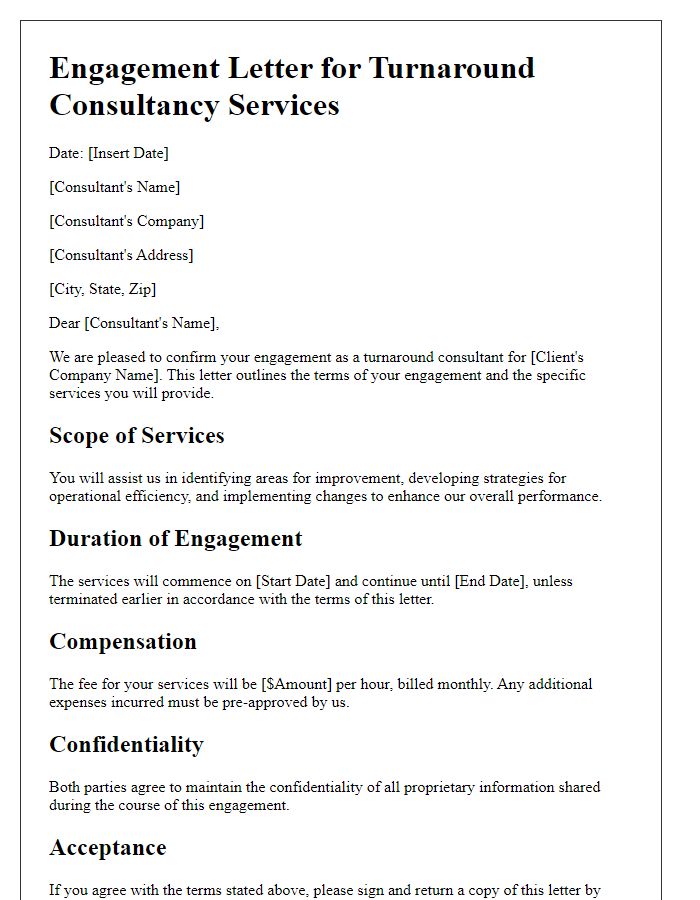
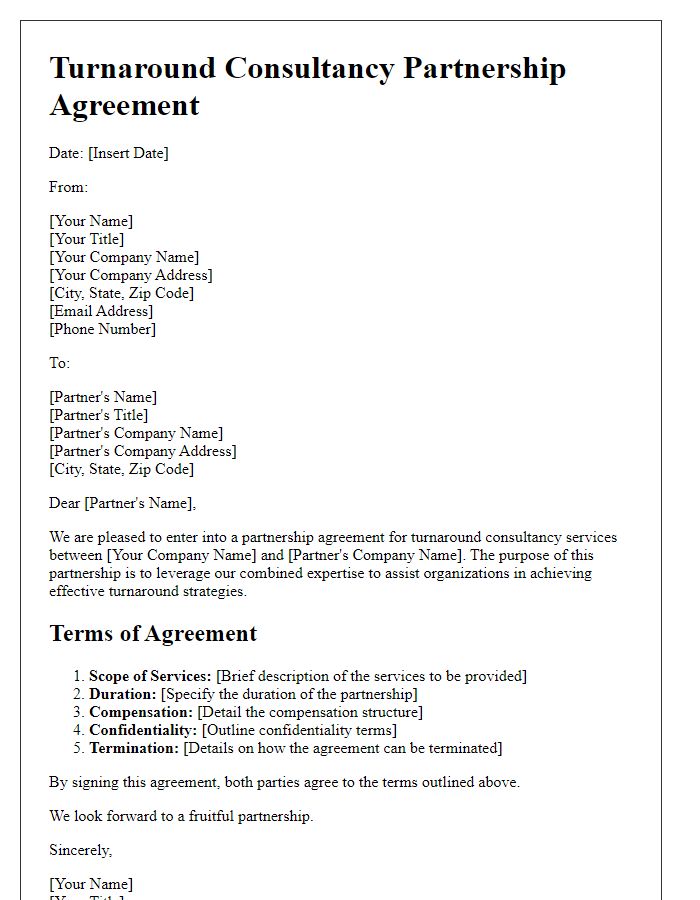
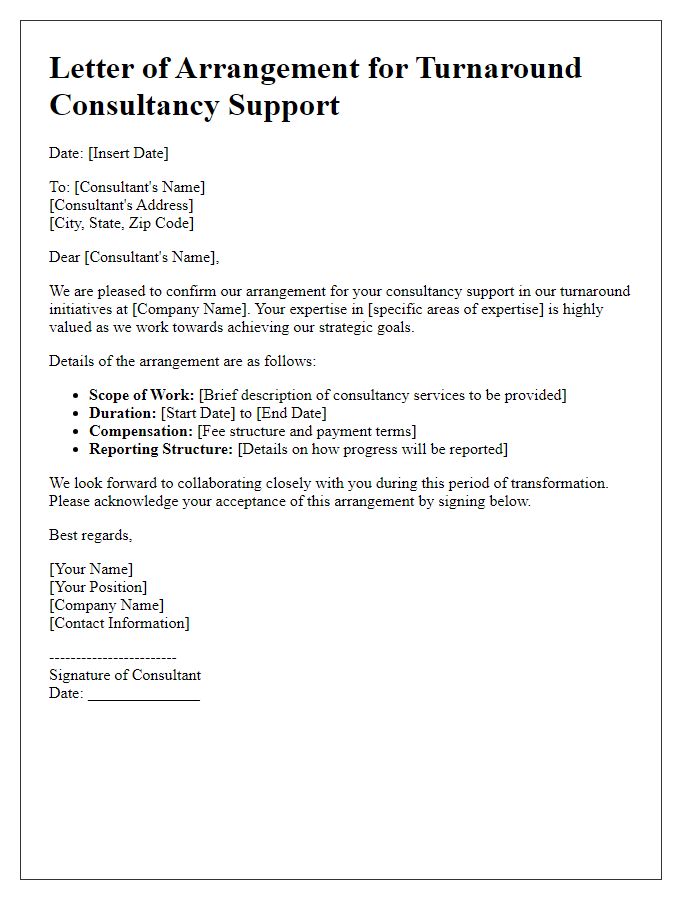
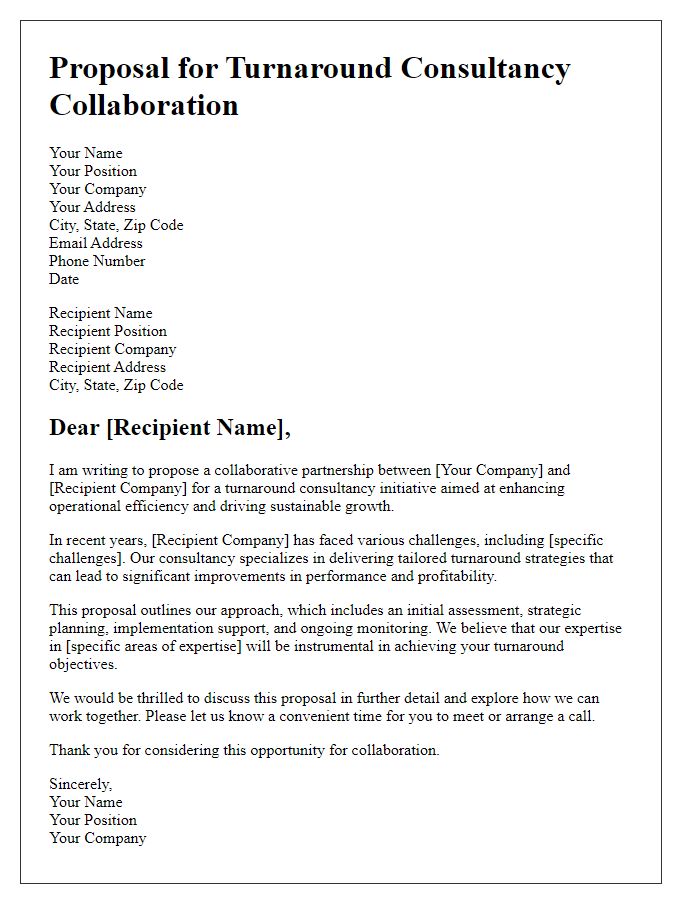
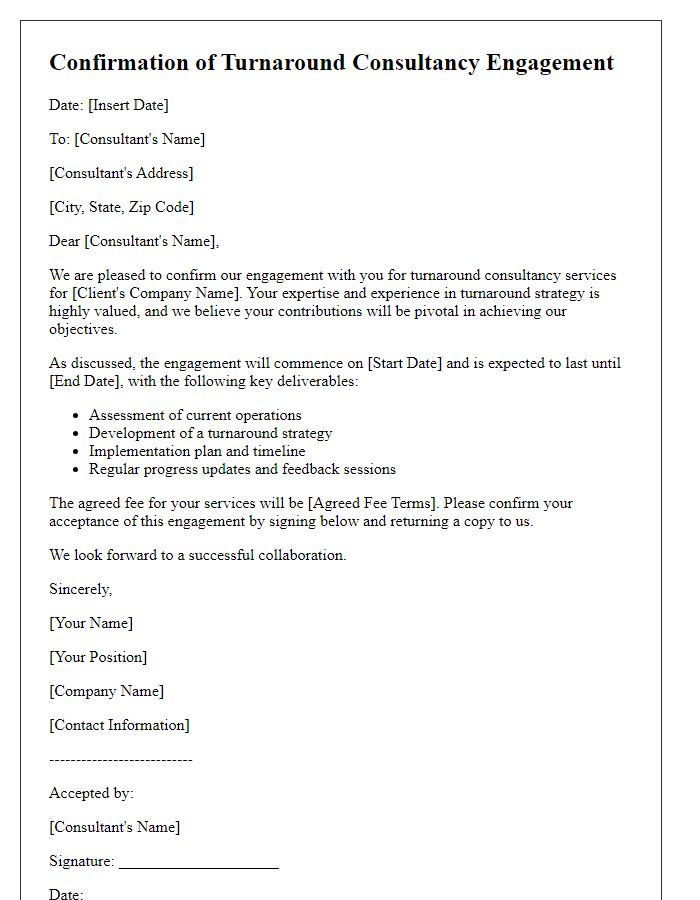
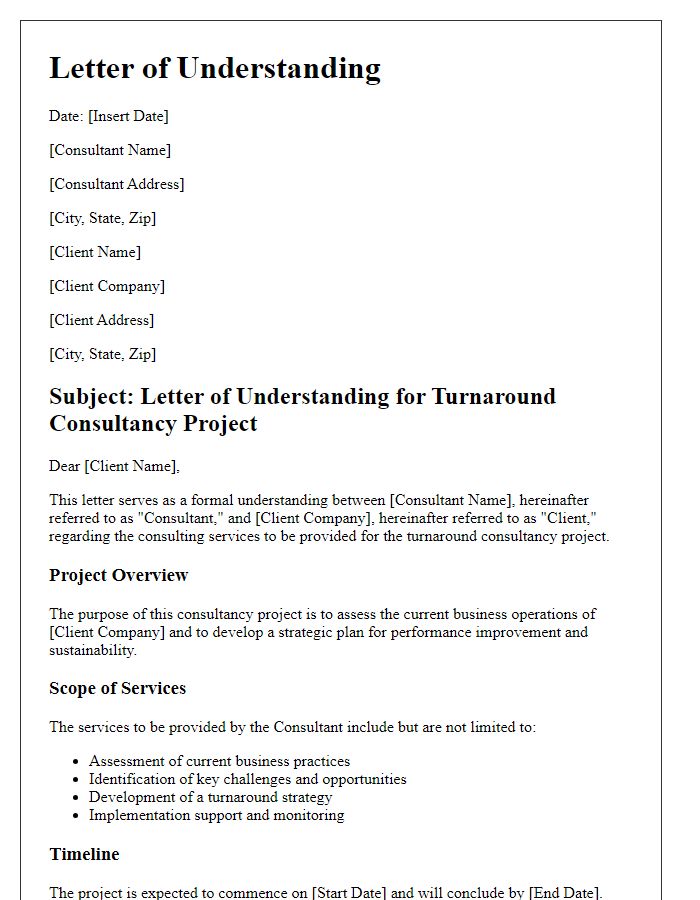
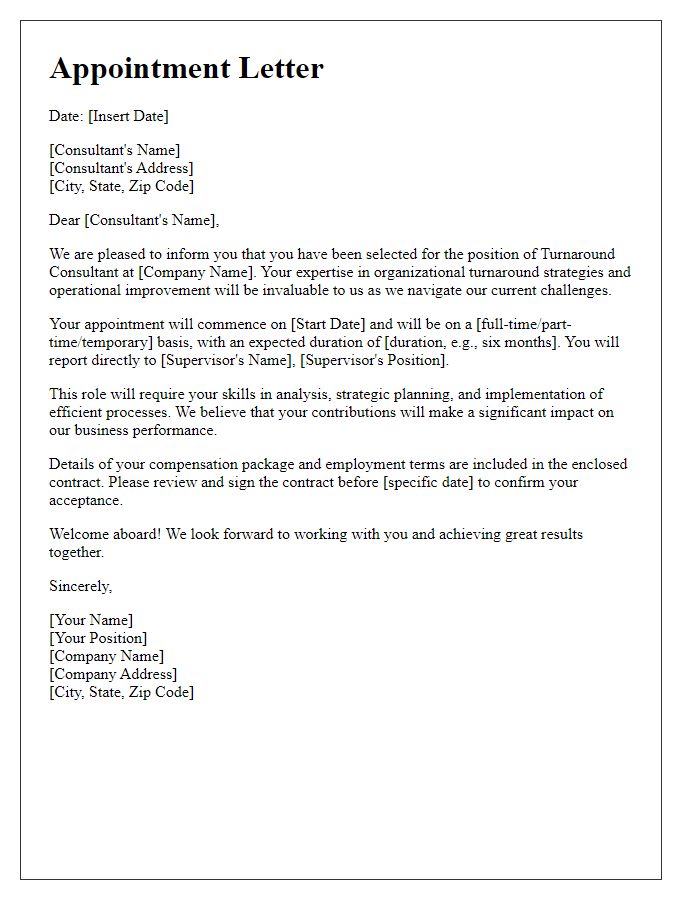
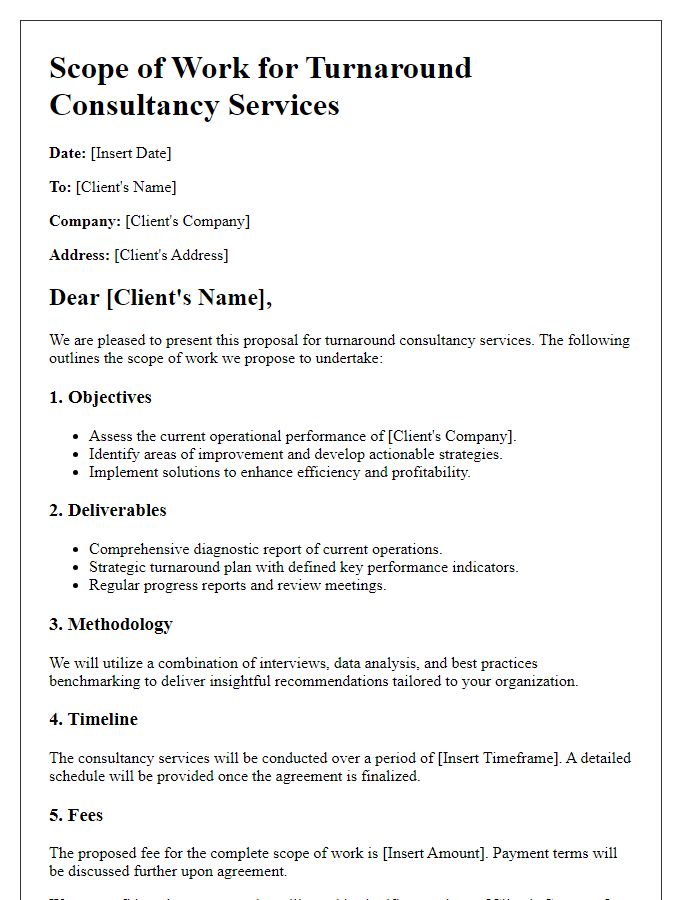
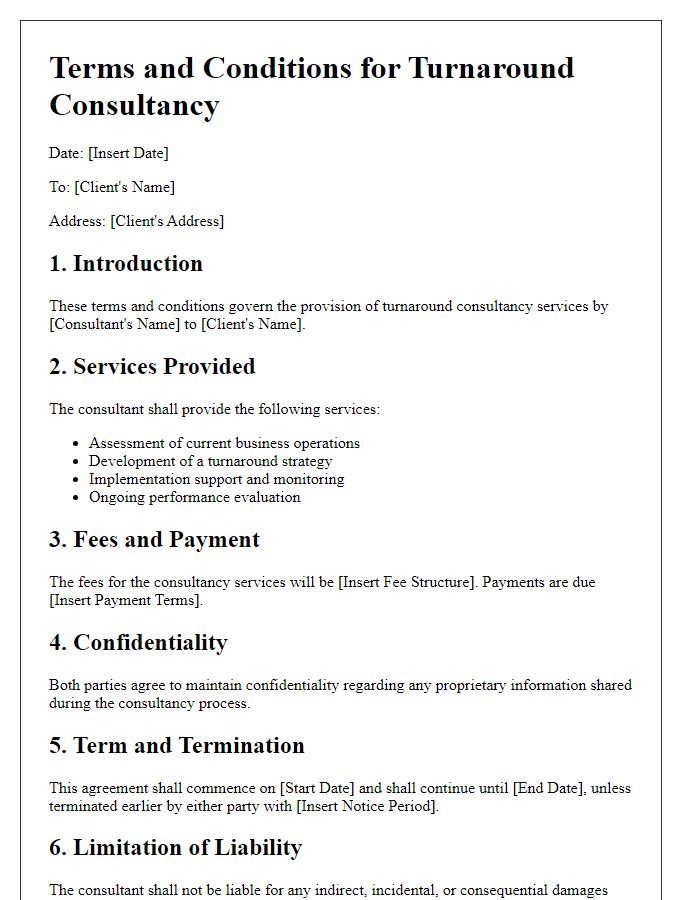
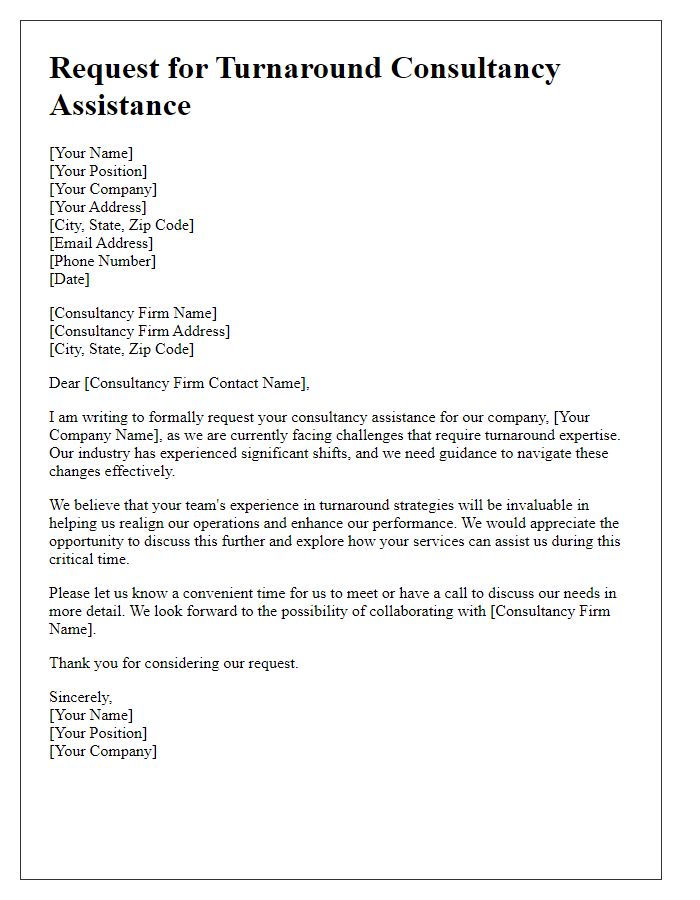


Comments